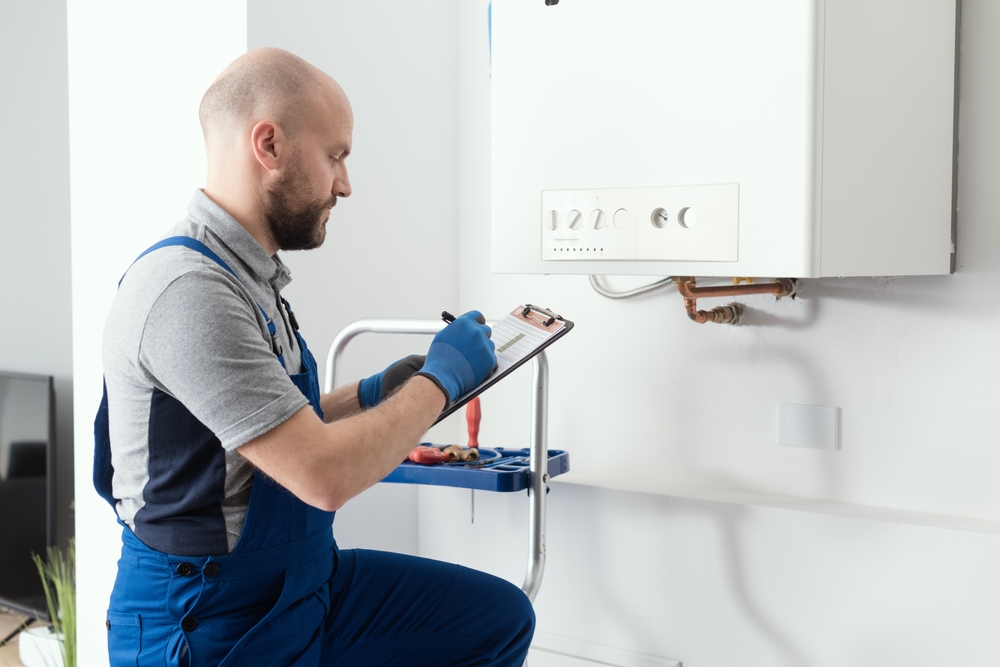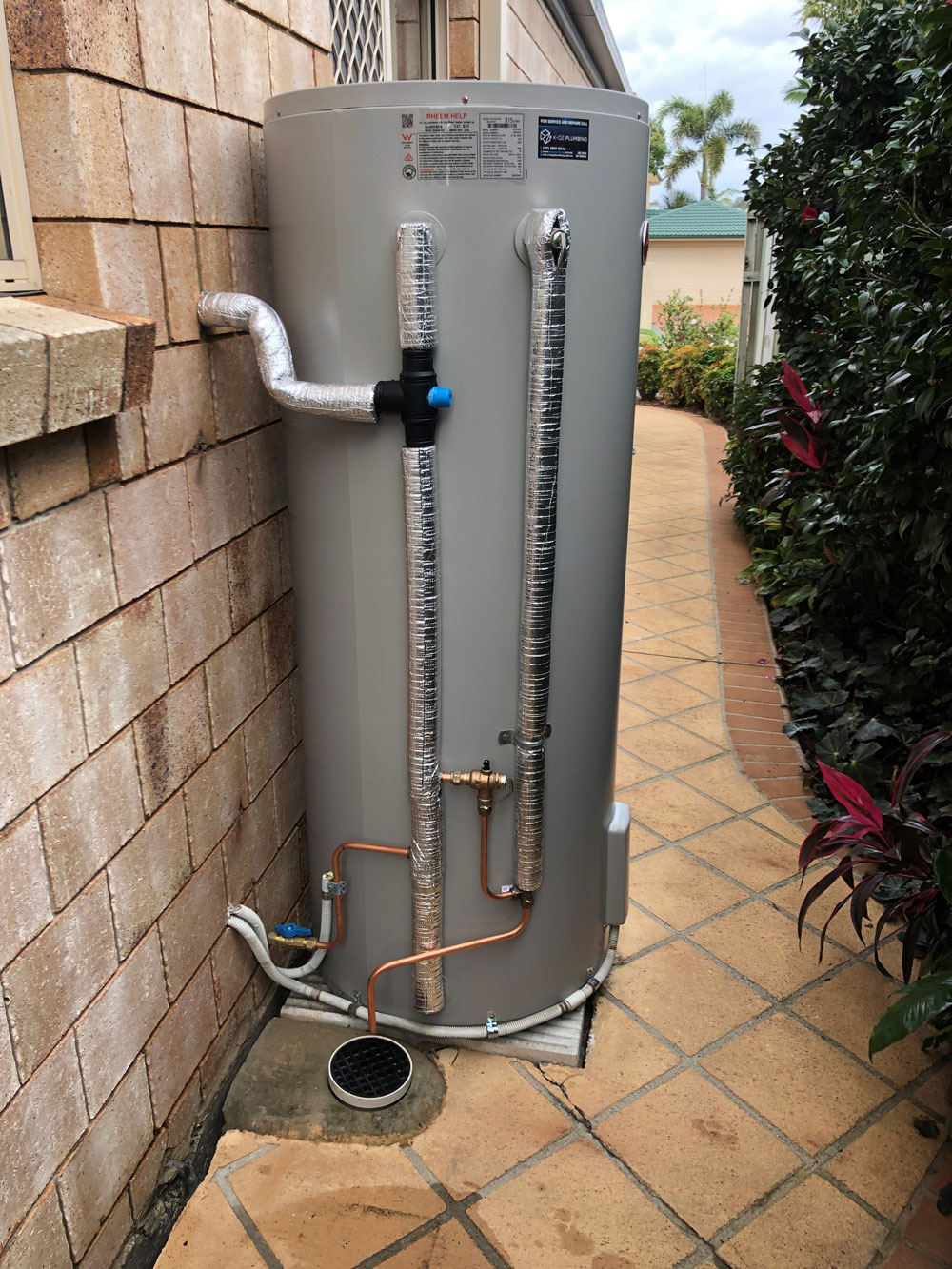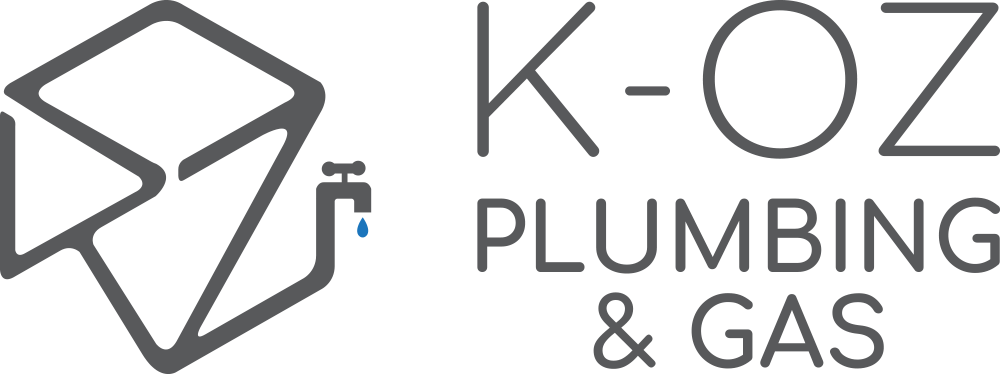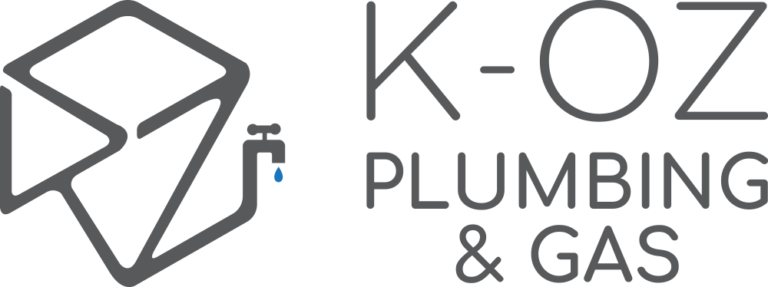Choosing the Right Hot Water System for Your Home
Key Takeaways
Choosing the right hot water system for your home can be daunting. With systems ranging in lifespan from 8 to 20 years, making the right choice is essential. This article will guide you through different types and key factors to consider when making your selection.
Let’s dive in to find the perfect fit that meets all your home’s heating needs!

The different types of hot water include storage or continuous flow systems, heat pumps, solar, gas, and electric.

When choosing a system, factors include size, fuel type, cost and efficiency, energy star ratings, and household size and water usage.

Some top brands to consider are Rheem, Bosch, Rinnai, Vulcan, Dux, Ever hot , Aquaarmax, Solahart, Stiebel Eltron, Thermann
Understanding The Various Types
Storage or continuous flow heat water as you need it. They do not have a tank. This makes them small and easy to fit in tight spots. These systems also mean you should never run out of hot water.
They can give warm showers or baths anytime, day or night. Some systems use gas to heat the water. Others use electricity. A plus point is that these systems last up to 20 years! But they might cost more upfront than other types of hot water units. Available in Gas and Electric versions, typically made by Rinnai, Bosch, Rheem and Stiebel Eltron.
Heat pumps are good for saving energy. They pull heat from the air and use it to warm the water. This way, they don’t need much electricity or gas. But, these systems have a high initial cost.
You might spend at least $3,000 to buy and set up a new heat pump.
These systems come with tanks that can hold 160-325L of water. So, you should think about how much hot water your home uses before choosing one. Heat pumps also work better in warm places because they use heat from the air. Climate Smart Energy Saver Rebates Current QLD rebates may save up to $1000
Solar systems can be a smart pick for your home. These systems take in the sun’s power to warm up water. The heated water is then kept safe in a tank until needed. Solar systems cost more at first, but they run on less money later on.
If there’s no sunshine, these systems can switch to gas or electric fuel as back-up. They can also cut down energy use by 65-90%. This means you get piping hot water for up to ten years while saving both cash and the earth! STC Solar rebates are available & you can save storage.
Gas is great for many homes. They work with either natural gas or bottled gas. These systems keep water heated in a storage tank, ready to use. They give you hot water at good flow rates and can last from 8-12 years! Plus, natural gas types cost less to run than electric ones.
This is why people like them. Typical brands we offer are Rheem, Thermann and Everhot.
People are starting to power these HWS using solar power created from there PV panels. Call us for more details. They use an electric element to heat up cold water. The cold water passes through a copper pipe in a heat exchanger. These systems can last 10-15 years.
You can also save money by using them during off-peak tariff times. So, if you need hot water for warm baths or dishwashing in a small house or flat, think about this type! Sizes range from 10L, 25L, 50L, 80L, 125L, 160L, 250L, 300L, 415L Brands – Rheem, Everhot
Key Factors to Consider When Choosing a Hot Water System
Size and Type
Big families need a big hot water system. Small ones don’t use as much hot water. Size matters in choosing the right system for your home. And the type depends on your space and needs.
Solar systems are great if you have roof space and sun most days. Gas work well if you can storage tank. Continuous flow units give endless warm water from a tap, night or day!
Fuel Type
You must think about the fuel type. You have a few choices. These choices are gas, electric, or solar. Gas systems make use of natural gas or liquefied petroleum gas (LPG).
But, be careful! LPG can cost more to run than natural gas. Electric options works well especially when utilized with clients pv panels and heat during the day.
Solar systems get power from the sun and help save both money and mother nature over time.
Cost and Efficiency
Paying less for hot water feels good. A gas system can use natural or bottled gas. It’s a great way to save money over time. Electrical systems don’t cost much to buy, but they can add up on the power bill.
But there’s a trick! Use off-peak times and save on your electric costs. The best value comes from solar systems though. They cost more at first, but soon pay for themselves with very low running costs.
Energy Star Ratings
Energy Star Ratings are an important consideration in your selection. These ratings provide valuable information about the energy efficiency of different models, helping you make an informed decision.
Water heating can be a major contributor to household energy use, so selecting a system with a high Energy Star Rating can help lower your energy consumption and reduce utility bills.
The higher the rating, the more efficient the system is in converting energy into hot water. By choosing a system with a good Energy Star Rating, you not only save money but also contribute to reducing greenhouse gas emissions and protecting the environment.
Household Size and Water Usage
The size of your hot water system should be based on the number of hot water outlets in your home, not the number of people living there. This is because each outlet requires a certain amount of hot water.
Regulations may limit the use of new electric storage systems to reduce energy consumption. Gas is generally cheaper to run than electric ones, especially if you don’t have solar panels.
Solar systems need a larger storage tank for days with less sunlight. Government rebates and incentives can help you switch to more efficient models like solar or heat pump systems.

Energy Star Ratings
| Number of people | Peak usage | Tank size |
|---|---|---|
| 5 – 8 | High / Low | 400 / 250 |
| 3 – 6 | High / Low | 315 / 160 |
| 2 – 4 | High / Low | 160 / 125 |
| 1 – 3 | High / Low | 125 / 80 |
Gas or LPG hot water system
| Number of people | Peak usage | Tank size |
|---|---|---|
| 5 – 8 | High / Low | 340 / 170 |
| 3 – 6 | High / Low | 260 / 160 |
| 2 – 4 | High / Low | 160 / 135 |
| 1 – 3 | High / Low | 135 / 90 |
Top Brands to Consider
Rheem
If you have limited space, Rheem offers electric systems that are affordable and suitable. They also provide solar systems which may be more expensive upfront but are cheaper to run in the long term.
Rheem's can operate with natural gas or bottled gas as well. Also make Everhot, Aquamax.
Bosch
Rinnai
Rinnai also has gas systems that can run on natural gas or bottled gas. You can choose the option that suits your needs and energy source best. Plus, Rinnai's systems can last up to 20 years, which means you'll have reliable hot water for a long time.
With their electric options, you can even take advantage of off-peak tariff times to save on energy costs.
Vulcan
They come with warranties to provide homeowners with peace of mind. Whether you're looking for a system powered by electricity or gas, Vulcan has you covered. With their range of options and commitment to quality.
Stiebel Eltron
They also have the DHF 15, an electric instantaneous water heater that delivers 4.5 litres per minute. Stiebel Eltron's continuous hot water systems can last up to 20 years.

Saving Energy and Water
Saving energy and water is important for reducing costs and environmental impact. Here are some ways to achieve this:.
- Choose an energy-efficient, such as a solar or heat pump system, to reduce greenhouse gas emissions and save on electricity or gas usage.
- Install low-flow showerheads and faucets to minimize hot water consumption without compromising comfort.
- Insulate your hot water pipes to reduce heat loss during distribution, ensuring the heated water stays hotter for longer.
- Use cold water when doing laundry whenever possible, as most energy is used in washing clothes goes towards heating the water.
- Consider installing a timer or using off-peak tariff times for electric systems to take advantage of lower electricity rates.
- Regular maintenance by checking for leaks, repairing faulty valves or pipes, and flushing out sediment buildup in storage tanks. This helps optimize efficiency and prolong the lifespan of the system.
Remember, small changes in how you use and maintain your hot water system can lead to significant savings in both energy and money over time.
Practical Tips for Designing and Installing
- Choose the right size and type of hot water system for your needs and space.
- Consider the fuel type that is most suitable and cost-effective for your situation.
- Consider the cost and efficiency, including energy star ratings.
- Determine the appropriate capacity based on your household size and water usage.
- Research top brands like Rheem, Bosch, Rinnai, Vulcan, and Stiebel Eltron for reliable options.
- Find ways to save energy and water with your chosen system.
- Follow practical tips for designing and installation

Safety Considerations
One key consideration is the delivery temperature of the hot water. It should be reduced to 50°C to prevent burns, especially for children or elderly.
To achieve this safe temperature, a tempering valve should be installed.
Another safety aspect to keep in mind is the type of system you choose. In Western Australia and South Australia, new buildings cannot have greenhouse gas intensive systems installed due to environmental concerns.
Additionally, electric systems are not allowed in metropolitan areas of South Australia that have access to piped natural gas.
To improve energy efficiency and reduce heat loss, insulating your hot water pipes and storage tanks is recommended. This can also help prevent accidental burns if someone touches these surfaces.
Lastly, consider the cost and maintenance requirements of different types. Gas instantaneous systems tend to be more expensive compared to gas instantaneous, solar, or heat pump systems.
By taking these safety considerations into account, you can ensure both comfort and peace of mind for you and your family.
One Key Consideration is the delivery
How Long Do Hot Water Systems Last?
Hot water systems can last anywhere from 8 to 20 years, depending on the type of system you have. Gas systems with tank storage usually last around 8 to 12 years, while electric systems with tank storage can last between 10 and 15 years.
Solar systems generally provide about 10 years of piping hot water. If you have a continuous flow system, it can last up to an impressive 20 years. So, when choosing a new hot water system for your home, keep in mind the lifespan expectancy of different types and choose one that best suits your needs and budget.
How Do Hot Water Systems Work?
Hot water systems work by heating water using different energy sources such as electric, gas, or solar power. The water is heated in a heat exchanger and then stored in a tank for later use.
Electric how water systems are affordable and great for small spaces. Gas systems can use natural gas or bottled gas, while solar systems have a backup fuel source for cloudy days.
Continuous flow provide an endless supply of hot water and can last up to 20 years! So, depending on your needs and preferences, you can choose the right hot water system that works best for you.
How Much Do Hot Water Systems Usually Cost?
Hot water systems usually have different costs depending on the type and size. Gas systems with tank storage generally cost between $800 and $2,000, while electrical systems with tank storage range from $500 to $1,500.
Solar systems are typically more expensive, ranging from $3,000 to $7,000. Continuous flow systems are in the price range of $1,000 to $3,000. Keep in mind that the actual cost may vary based on factors like brand and installation requirements.
What types of hot water systems are available for my home?
You can choose from various types such as solar, gas, electric, heat pump and storage tank or continuous flow.
How does a heat pump hot water system work?
A heat pump hot water system uses air to heat the water. It pulls the heat from the air around it to warm up cold water in its storage tank.
Are solar hot water systems good to use at home?
Yes! Solar panels on your roof collect the sun's energy and then use this energy to heat up your stored coldwater in either a rooftop collector or a ground-level tank.
Is there any benefit by using gas over an electric hot-water system?
Gas-based heaters often cost less than their electric counterparts which tend to be more expensive to run due to higher electricity prices.
Can I expect lower ongoing costs with certain type of these systems?
Solar and gas-based heating systems often have lower running costs compared with electric ones and they also contribute less greenhouse gas emissions into our earth’s atmosphere
When is it time for me to buy and install a new hot-water heater?
A usual sign that it might be time is if you find that you're not getting much-hot waters coming out of your tap even though everything else seems fine; another clue could be seeing signs of rusting near your current unit
Conclusion: Making the Right Choice for Your Home
Choosing the right hot water system for your home is important to ensure you have a reliable and efficient source of hot water. Consider factors such as size, fuel type, cost, efficiency, and household needs when making your decision.
Be sure to explore reputable brands like Rheem, Bosch, Rinnai, Vulcan, and Stiebel Eltron. Remember to also prioritize energy-saving features and safety considerations for a well-rounded choice.


